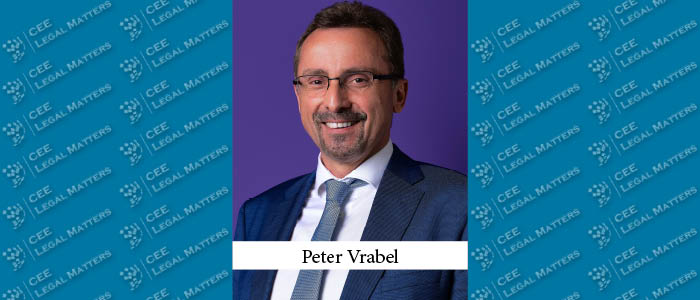Slovakia is witnessing an increased number of vital amendments across legal sectors, from construction to cybersecurity, tax law, and criminal law, according to Legate Managing Partner Peter Vrabel, who posits that these changes aim to streamline processes, enhance transparency, and bolster investor confidence.
"The construction sector is undergoing a significant transformation," Vrabel begins. "Previously, construction authorities were municipality bodies but, with the new amendment, this responsibility will transition to state bodies – this change was primarily due to zoning design issues, and the state will now oversee the process through a newly introduced zoning body." According to him, this shift aims to make the approval process faster and more transparent, under ministerial supervision. "However, there are teething problems, particularly with software integration, which everyone is eagerly anticipating," he points out.
Vrabel then highlights amendments of note for the environmental impact assessment law. "The amendments to the EIA law are indeed investor friendly. These raise the thresholds for new investments, meaning not every project will automatically require an environmental impact assessment," he explains. "Instead, a simpler screening procedure will suffice, which is much quicker. This, coupled with amendments limiting public participation time in the EIA process, is designed to expedite investor projects without extensive delays," Vrabel posits.
In addition, the tax framework of Slovakia has also seen important changes. "Tax law has undergone substantial reform aimed at supporting small entrepreneurs and addressing global corporate taxation," Vrabel reports. "Small businesses can now enjoy a 15% tax rate if they are entrepreneurs and their turnover doesn't exceed EUR 60,000. Meanwhile, global companies with substantial revenues must now pay a minimum corporate income tax of 15% on all income generated in Slovakia, a move aimed at ensuring the fair taxation of multinational corporations."
And there is also the topic of cybersecurity, which is becoming increasingly important for the country. "With the implementation of the European NIS2 Directive in October, companies with over 50 employees and a turnover of EUR 10 million must adopt stringent cybersecurity measures," Vrabel outlines. "This includes internal directives, employee training, and investment in hardware to ensure data security; the aim is to prepare companies early for these new requirements, enhancing national cybersecurity resilience," he explains.
Finally, Vrabel reports on changes to the criminal law framework, especially regarding corruption cases. "The reform in criminal law and procedure eases the criminal charges and statutory time limits for wrongdoers. The controversy mainly revolves around the alignment of these laws with constitutional principles, especially concerning the reduction of criminal accountability in certain cases," he concludes.















